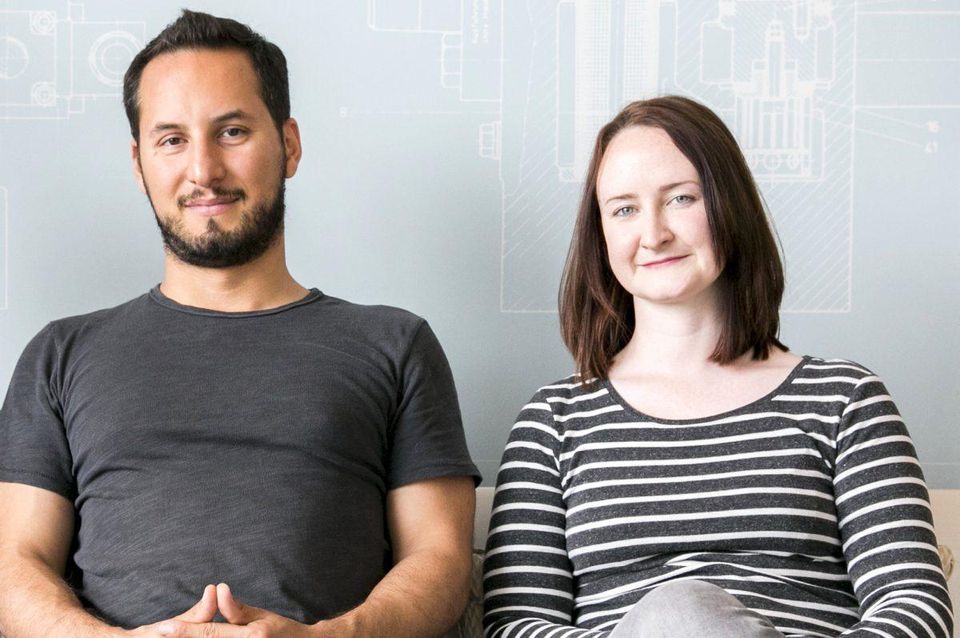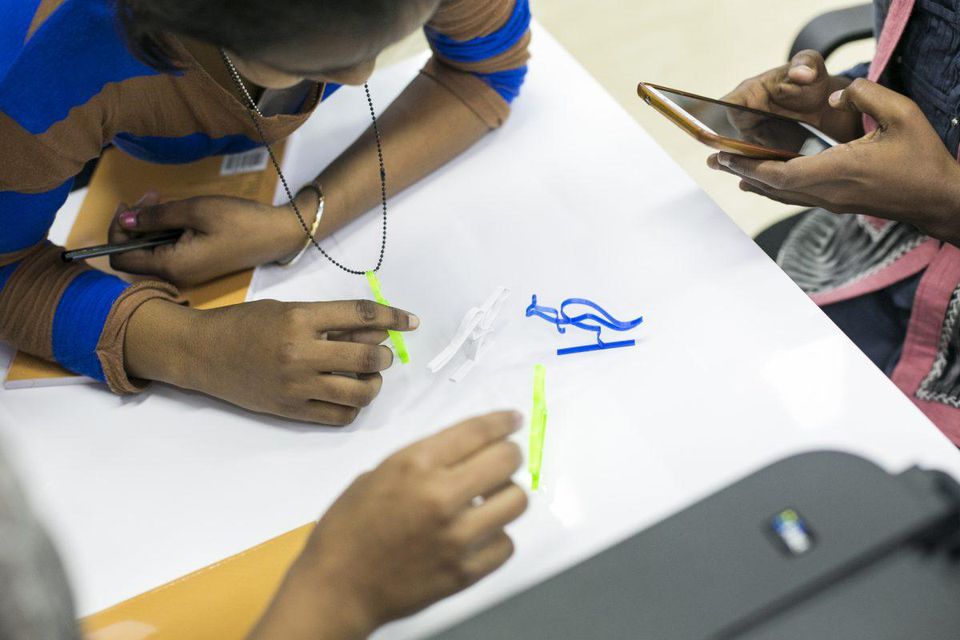The startup Free-D is helping human trafficking victims and underprivileged women in India obtain careers by teaching them 3D printing and design skills. The first nine-month pilot program is taking place in Mumbai, and will provide 10 women with extensive 3D printing training.
Despite the technological and societal progress that humanity has made over time, millions of unfortunate human beings remain trapped under the despicable hand of human traffickers. According to the International Labour Organization (ILO), there are 24.9 million people in the world that suffer from modern-day slavery. Of that disgustingly large number, 71 percent of these human trafficking victims are women and girls.
Without proper access to education, many of these underprivileged women lack job opportunities, which increases the risk of falling prey to human traffickers. But one startup is aiming to empower these victims and other disadvantaged females by teaching valuable skills that will help them gain a better career and overall life.
Free-D wants to offer 3D printing training workshops to vulnerable women from all walks of life, including human trafficking survivors, as well as victims of domestic violence or homelessness. Founded in 2016 by Katherine Prescott and Siavash Mahdavi, the startup aims to provide skills training and job opportunities to help pull women out of slavery and poverty.
“They don’t have a high level of skill or literacy skills, which means that job opportunities are really low, and it’s through the search of trying to find employment that many get taken advantage of,” Prescott recently told Forbes, describing the obstacles that keep underserved females from escaping their awful circumstances.

Free-D Aims to Help Underprivileged Indian Women Escape Modern-Day Slavery
Originally started in London, the company is now heading to the Vodafone Institute’s Berlin-based female empowerment business accelerator F-Lane.
Although they plan to expand the initiative globally, Free-D is starting off in India, a country where 14 million women currently live in slavery. Last year, the startup partnered with the Indian NGO Kshamata and Imaginarium, which is the largest 3D printing company in the country, to offer a series of one-to-three day workshops.
Since then, Free-D has launched an extensive pilot program in Mumbai. The nine-month workshop will provide 10 underprivileged women with 3D printing training and psychological support. At the end of the program, the women will start internship positions with Imaginarium.
Mahdavi is currently self-funding the company and pilot program with around £100,000 ($144,000), but will attempt to raise an additional £500,000 ($718,000) to help scale the business on a global level. Once the business is established, Free-D plans to obtain revenue from companies that are supporting the training of their future employees. Depending on the geographical location of future workshops, Prescott believes they can develop programs that utilize a “buy-one-fund-one model” to potential partners.
By providing 3D printing education to disadvantaged females, Free-D hopes to empower the millions of human trafficking victims that are suffering across the world. In doing so, the company will also be adding resilient and deserving women to the additive manufacturing workforce.

Website: LINK
Schreibe einen Kommentar
Du musst angemeldet sein, um einen Kommentar abzugeben.